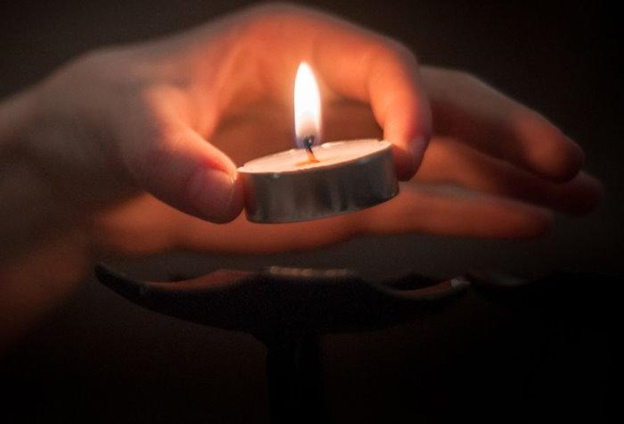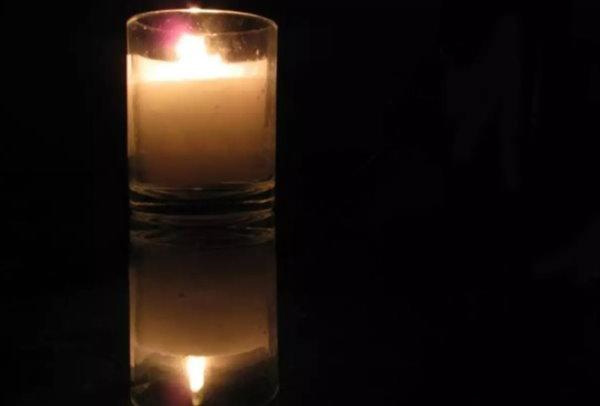
Yahrzeit Prayer
Honoring one’s loved ones after their deaths is an important part of Jewish tradition, and there are several ways to commemorate deceased loved ones. For the Jewish people, the anniversary of the death is called a Yahrzeit. Discover more about the tradition of reciting the Yahrzeit prayer and other important customs that are observed on this special date.
What is a Yahrzeit?
Yahrzeit is a Yiddish word that means anniversary. In the context of the Jewish tradition, it means the anniversary of someone’s death. Jews observe many traditions during the anniversary of their loved one’s passing, to keep their memory alive. It is a way of showing that even when they are gone from the physical world, their memory lives on forever, as does their soul.
Family members and friends join in honoring the deceased on the anniversary of their death. It is an important day for the surviving relatives. Losing a loved one is emotionally challenging. The anniversary following the death of a loved one brings closure and can bring the family closer together.
Why Observe a Yahrzeit?
The Yahrzeit of a loved one is often used as an opportunity to remember the deceased and reflect on how the life and death of that individual made an impact on the lives of people around them. It is also a great opportunity to do good deeds in honor of the deceased, and create everlasting merits for the neshama.

Candle Lighting in Yahrzeit
Candle lighting is one of the more popular aspects of the observance of a Yahrzeit. Many Jews purchase a specific type of candle known as the Yizkor candle. Candles hold an important symbol in preserving the memory of the dead. The flames of the candle are likened to the soul of a human. The flickering action of the flames marks the fragility of human life, as there is no way to determine when that light will burn out.
Lighting the candles during a Yahrzeit is a common practice when honoring a deceased parent, spouse, or child. This is usually done the night before the Yahrzeit, as evening signals the start of a Jewish day on the Hebrew calendar.
The Yahrzeit Prayer
The Mourner’s Kaddish is recited on the day of the Yahrzeit, in honor of the deceased. This Aramaic prayer proclaims the greatness of G-d and allows the soul to elevate as they move farther away from the physical realm, and higher in the heavenly spheres.
Another prayer is that of Kel Maleh Rachamim. This prayer is recited for the souls of departed loved ones. It is commonly recited at the gravesite of the deceased, although you can also recite this prayer at home with a minyan (quorum of ten men), when commemorating the Yahrzeit of your loved one.
When visiting the gravesite of your deceased loved one, it is also part of the Jewish custom to recite Tehillim ( Psalms) and prayers.
Other Ways to Observe the Yahrzeit
Reciting a Yahrzeit prayer and lighting a candle to honor the memory of the deceased are well-known traditions. There are also other ways to honor the anniversary of your loved one who has passed.

- Donate to charity – Giving to charity is an important Jewish attribute. The act of giving to the poor is a great way to honor your loved one who has passed, especially if you give to charities that were close to the deceased’s heart. Continue their tradition of giving to that charity they contributed to when they were still alive.
- Visiting the grave – As mentioned above, the gravesite is a physical connection to the soul of your deceased loved ones. Visiting at their gravesites is one of the ways that you can show respect.
- Studying with a Torah – Learning Torah is another way to honor your deceased loved one, by providing them with eternal merits..
- Fasting – The act of fasting is another way to honor your deceased loved one on their Yahrzeit. It starts at dawn and continues until the sun sets. This serves as an atonement for the niftar since he is judged anew on the day of each Yahrzeit.
- Making a Siyum – It is customary to divide the learning of the entire mishnayos amongst family and friends of the deceased, and complete it on the day of the Yahrzeit. If the entire mishnayos has not been learned, many people may choose to make a siyum on a single mishna.
There are many ways and forms to honor a deceased loved one. Yahrzeit is a Jewish tradition practiced for many centuries and it will continue to be honored by Jewish families for generations to come. It is also a great reminder of how one’s life is fragile, and to make the most of every moment.


